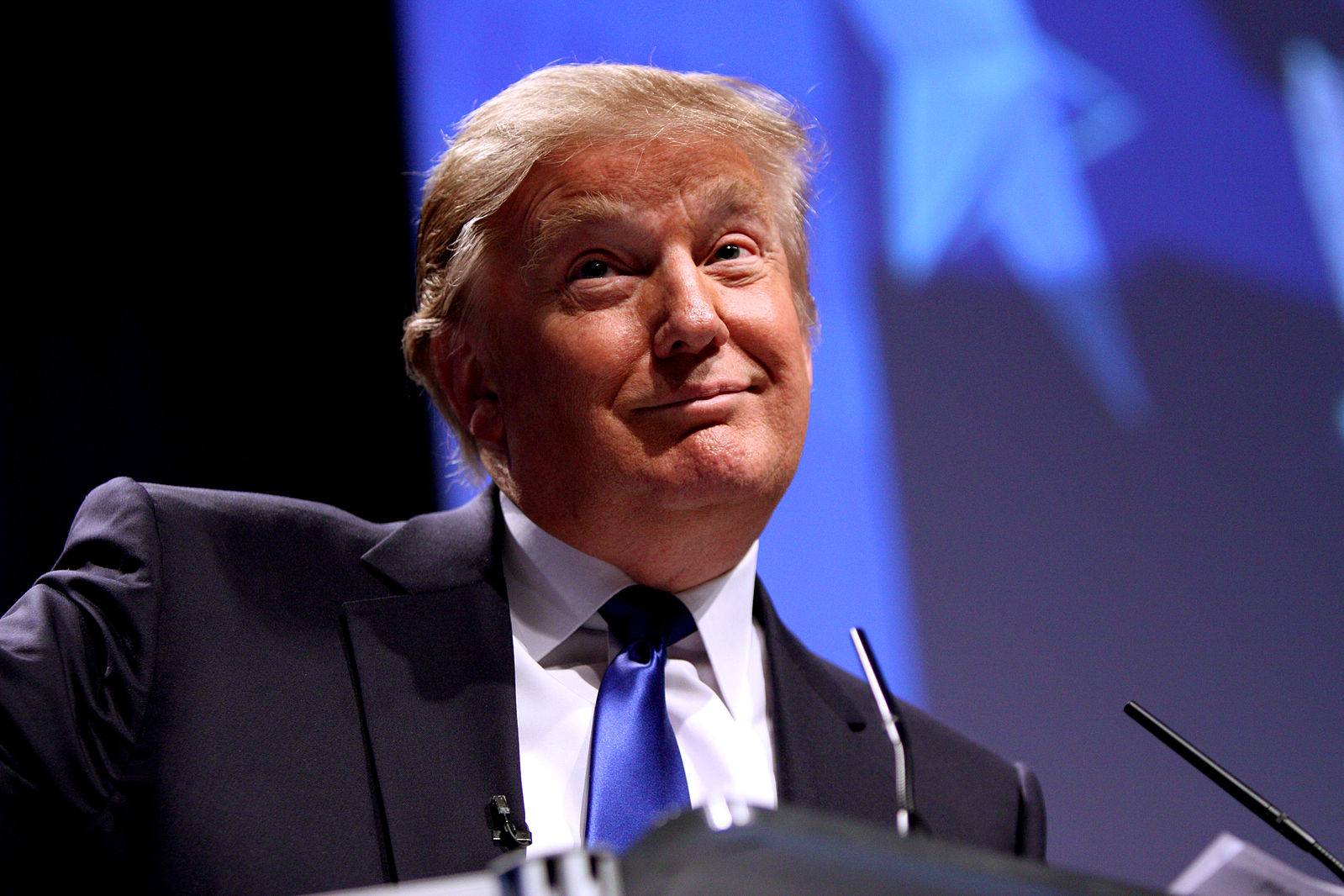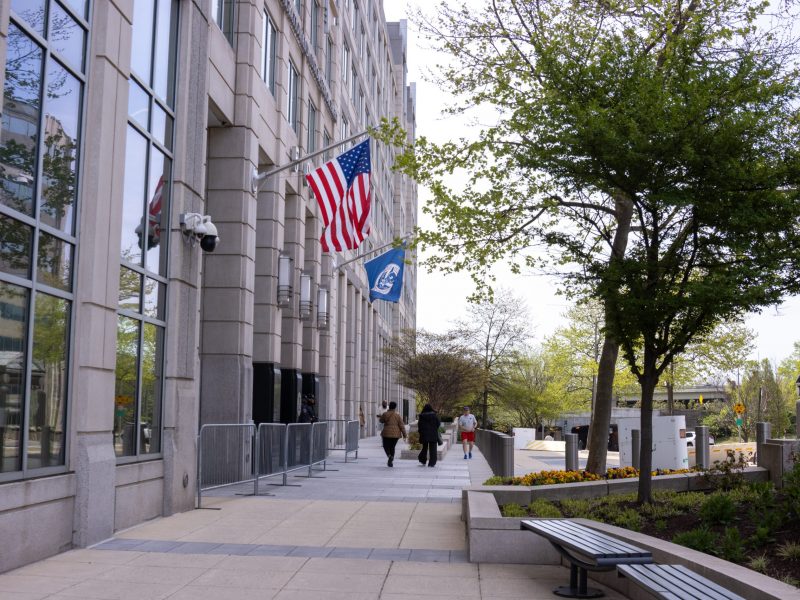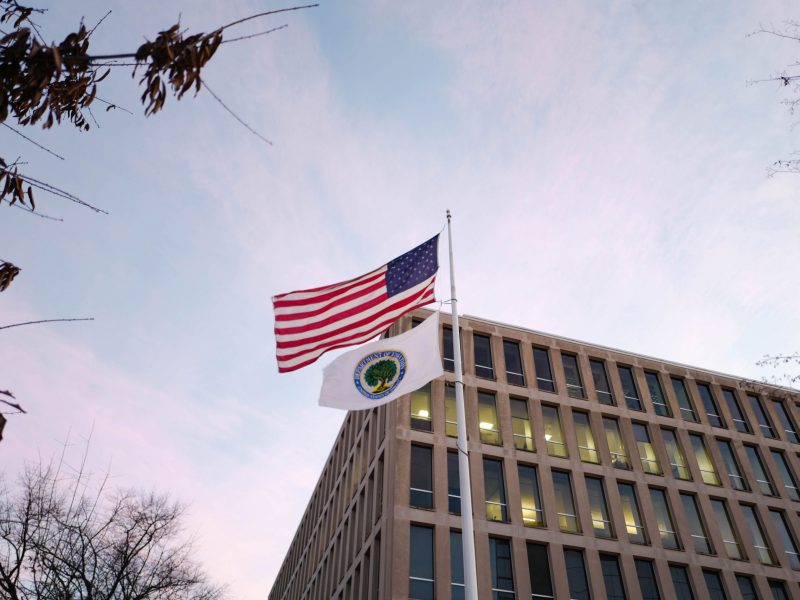By Noah Fortson
For The Diamondback
Nearly 600 colleges and universities — including the University of Maryland — sent a letter to Secretary of Homeland Security John Kelly on Feb. 3 expressing “concerns” over President Trump’s travel ban.
The ban, which a federal judge has put on hold for now, suspended all refugees, along with visa holders from seven majority-Muslim countries, from entering the United States. The executive order, signed Jan. 27, immediately touched off protests and legal action.
Among the academic community, there is a fear the ban will make it difficult for American universities to recruit international students.
“Our nation can only maintain its global scientific and economic leadership position if it encourages those talented people to come here to study and work,” the letter states. “America is the greatest magnet for talented people from around the world and it must remain so.”
This university was one of 13 Big 10 schools that signed the letter, and one of seven of the University System of Maryland’s 12 institutions.
Trump’s executive order banned those from Iraq, Iran, Syria, Yemen, Sudan, Libya and Somalia for 90 days, suspended new refugees admissions for 120 days and blocked Syrian refugees indefinitely. After Washington state sued, a federal judge blocked the order from being carried out by granting a temporary restraining order.
The 9th U.S. Circuit Court of Appeals heard arguments Tuesday.
Even before the letter, university President Wallace Loh reaffirmed this university’s values and dedication to equality in a Jan. 31 statement. Trump’s travel ban affected about 350 people on the campus, Loh said.
“As a public institution, the University of Maryland does not normally take stands on political issues,” Loh said. “However, we have an obligation to speak out when government actions are fundamentally antithetical to the core values and missions of the institution, especially when they adversely impact many members of our community.”
Over winter break, doctoral student Abubakr Suliman Eltayeb Mohamed Hamid visited his home country of Sudan, and was unable to make the return trip back to campus.
Another university student Maryam “Aida” Mohammadi, was detained in Washington Dulles International Airport upon her arrival from Turkey. Authorities held Mohammadi, an Iranian citizen, along with her 5-year-old cousin, for almost five hours.
Though junior John Leahy, who is enrolled in letters and sciences, said he isn’t sure how the universities’ letter will impact the Trump administration’s actions going forward, “it’s encouraging to know that President Loh and other university presidents are truly concerned for their students and faculty and are willing to speak out in their behalf.”
The letter to Kelly states the colleges and universities believe “[i]nternational exchange is a core value and strength of American higher education.”
“[O]ur nation’s welcoming stance to scholars and scientists has benefited the U.S. through goodwill and a long history of scientific and technological advances that have been essential to the economic growth our country has experienced for decades,” it states. “When they return home they are ambassadors for American values, democracy and the free market.”



